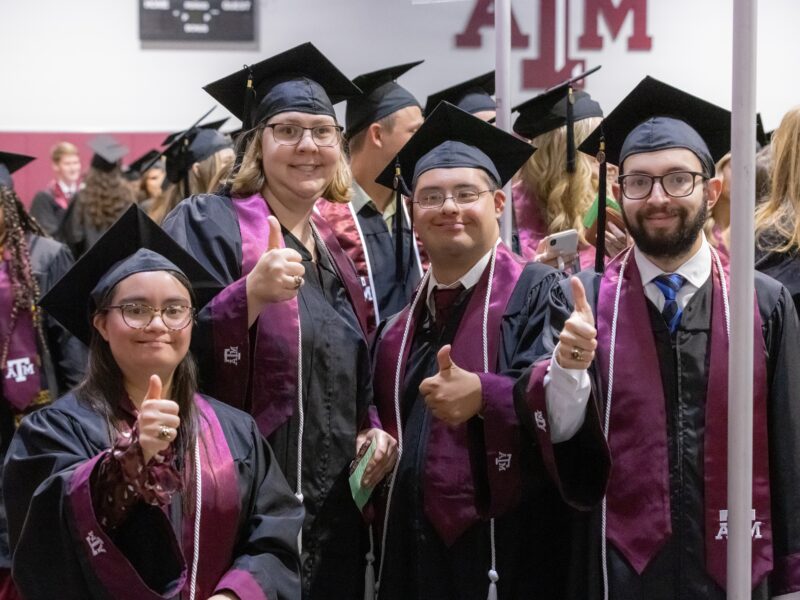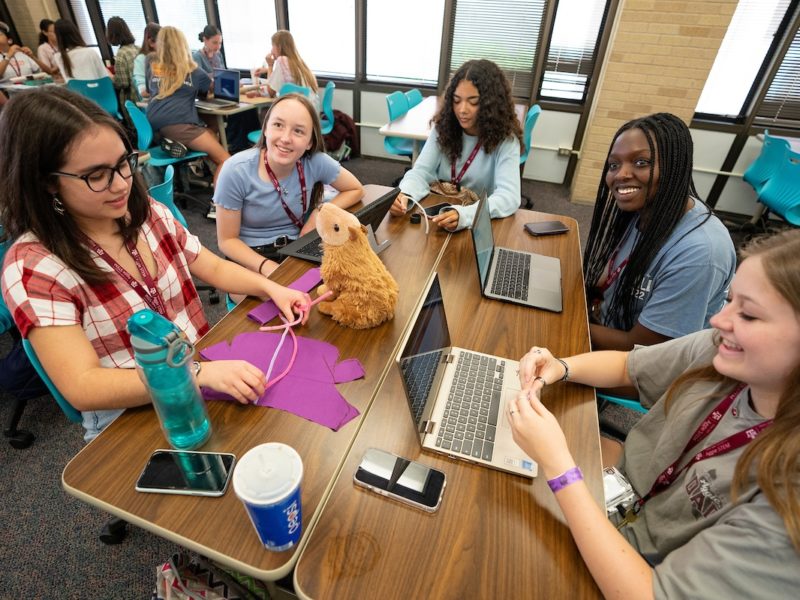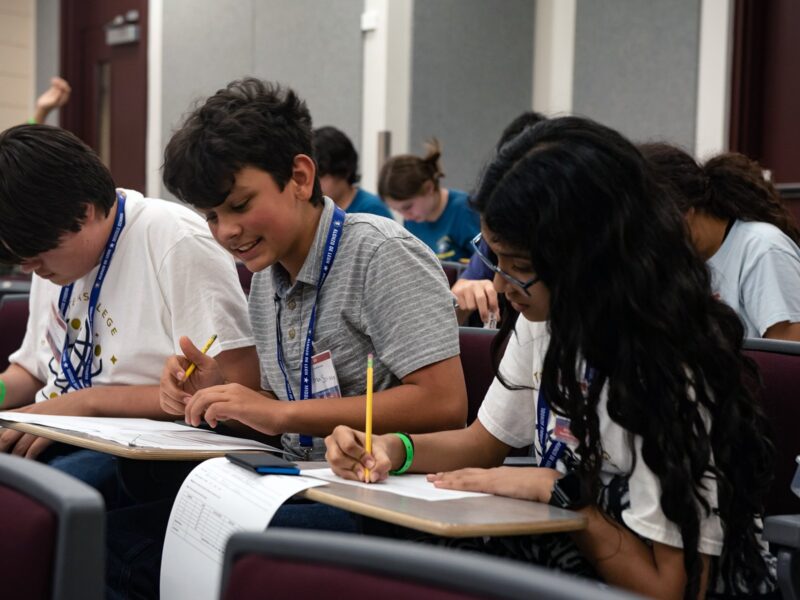Texas A&M Researcher Awarded $14.9 Million Grant To Improve Intelligent Tutoring Systems

Kay Wijekumar, a professor in the College of Education & Human Development, and her team at Texas A&M University have been awarded a $14.9 million grant to implement and improve intelligent tutoring systems to help increase reading comprehension for fourth and fifth grade students in socioeconomically and culturally diverse schools across the country.
The Education Innovation Research (EIR) Expansion Phase Grant led to the creation of the Knowledge Acquisition and Transformation Expansion (KATE) project, which will take course over five years. KATE is a partnership between Texas A&M and external evaluators WestEd and Analytica Insights Inc.. These three organizations will work together to support a comprehension-focused technology platform for the project.
Wijekumar said one of the main goals of KATE is improving reading comprehension for students in Grades 4 and 5 by implementing a web-based intelligent tutoring system for the structure strategy (ITSS), available in both English and Spanish.
“ITSS research has shown positive effects for student’s comprehension outcomes,” Wijekumar said. “We will be implementing this strategy in schools all over the country and will measure students’ improvement by analyzing their test scores over the course of the year.”
ITSS provides modeling, practice, interactive activities, assessment and immediate feedback to learners at their own pace, allowing them to learn and apply the text structure strategy to read and comprehend effectively.
Wijekumar said KATE will also support teacher fidelity of ITSS implementation with practice-based professional development using web-based open online virtual learning and a multi dimensional, “360-degree” support system (MOOV 360) developed and tested through a Supporting Effective Educator Development (SEED) grant.
She said the ultimate goal of KATE is to examine the effectiveness of ITSS and MOOV 360 with an economically and culturally diverse population of students in grades 4 and 5 from multiple geographic regions of the United States.
“At the end of the five years, we hope to have improved reading comprehension with an economically and culturally diverse population of students in grades 4 and 5 from multiple geographic regions of the United States,” Wijekumar said. “We also hope to be able to present the teacher’s professional development, learning materials, and web-based intelligent tutoring systems to a world-wide audience at that time.”
This article by Emily Knight originally appeared on the College of Education & Human Development website.





